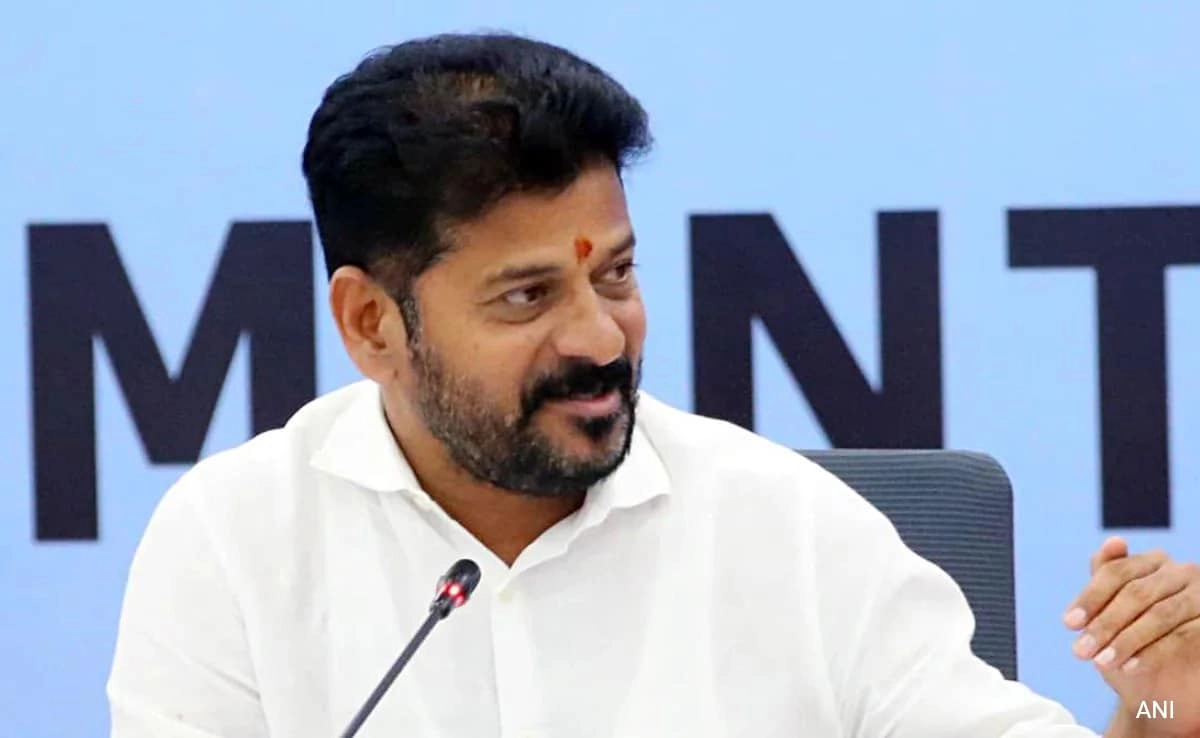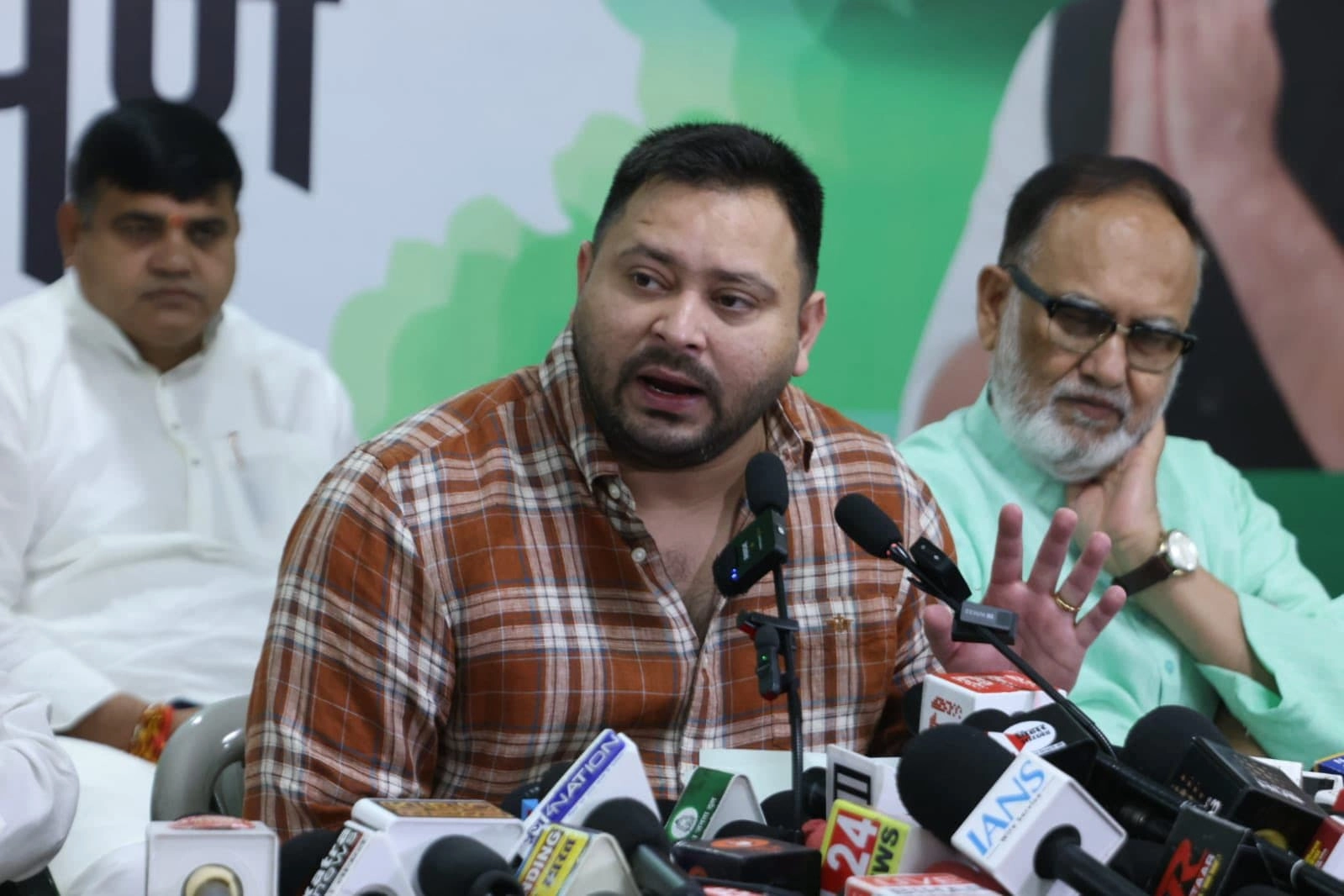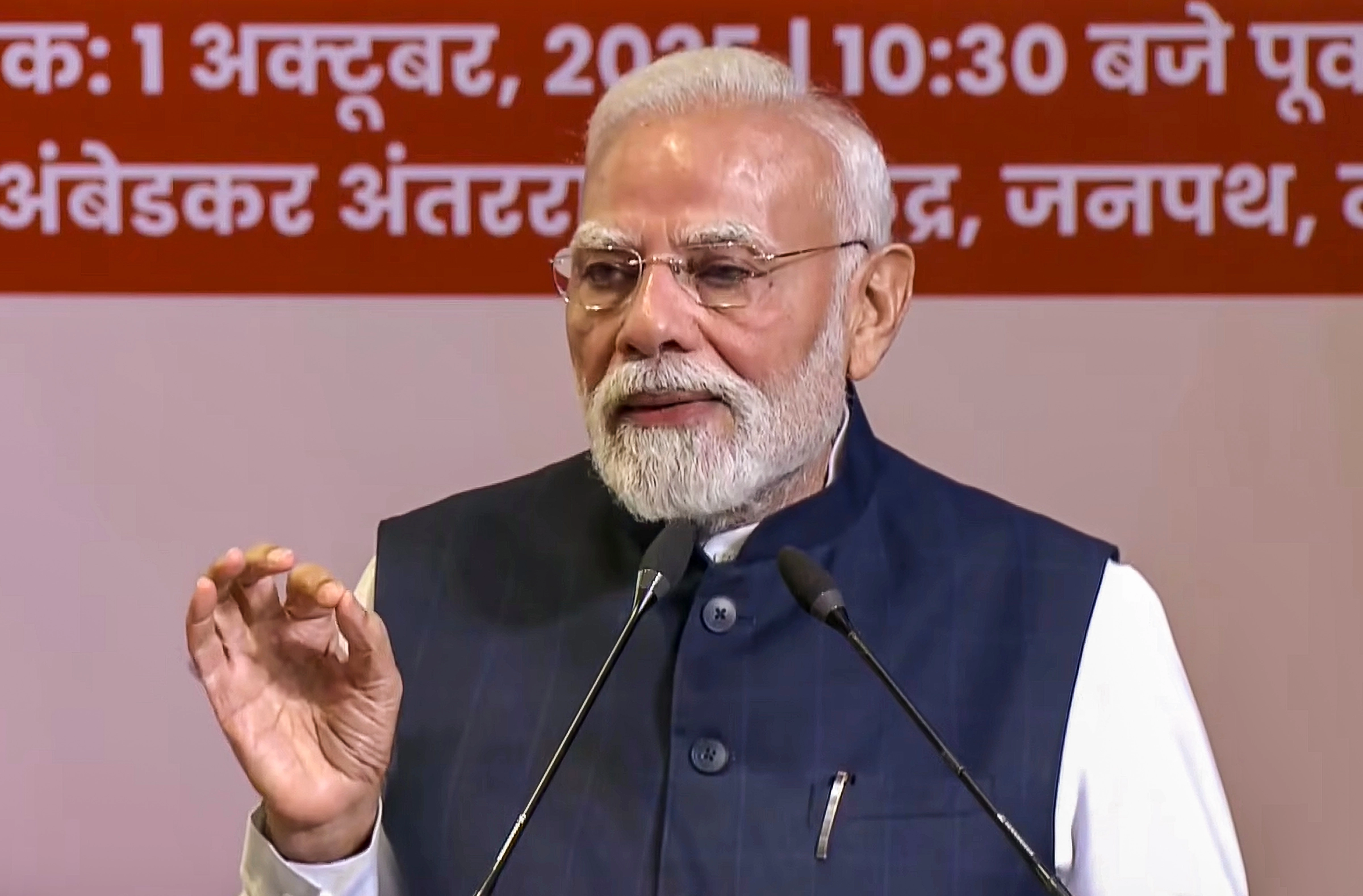In a significant legal development, the Supreme Court has dismissed a defamation case filed by the Bharatiya Janata Party (BJP) against Revanth Reddy, a prominent leader from the Indian National Congress. The court’s ruling underscores the importance of free speech and the need for public figures to possess “thick skin” when it comes to criticism and scrutiny. This decision has sparked discussions about the nature of political discourse in India and the boundaries of defamation laws, particularly in the context of the robust and sometimes contentious political environment.
The case revolved around comments made by Reddy that were perceived as defamatory by BJP leaders. However, the Supreme Court’s ruling suggests that public figures, especially those engaged in politics, should be prepared to handle criticism and allegations without resorting to legal action. The court emphasized that a certain level of resilience is expected from individuals in such high-profile positions, as their actions and statements are subject to public debate and scrutiny. This outcome not only serves as a precedent for similar cases in the future but also highlights the judiciary’s commitment to upholding the principles of free speech.
Furthermore, this decision may have broader implications for the political landscape in India, where the line between criticism and defamation can often blur. As political tensions rise and debates become increasingly polarized, the Supreme Court’s stance reinforces the idea that political discourse must remain robust, allowing for diverse opinions and criticisms without the fear of legal repercussions. Ultimately, the ruling encourages a more open dialogue among political leaders and promotes a democratic environment where voices can be heard without the chilling effect of defamation lawsuits.




